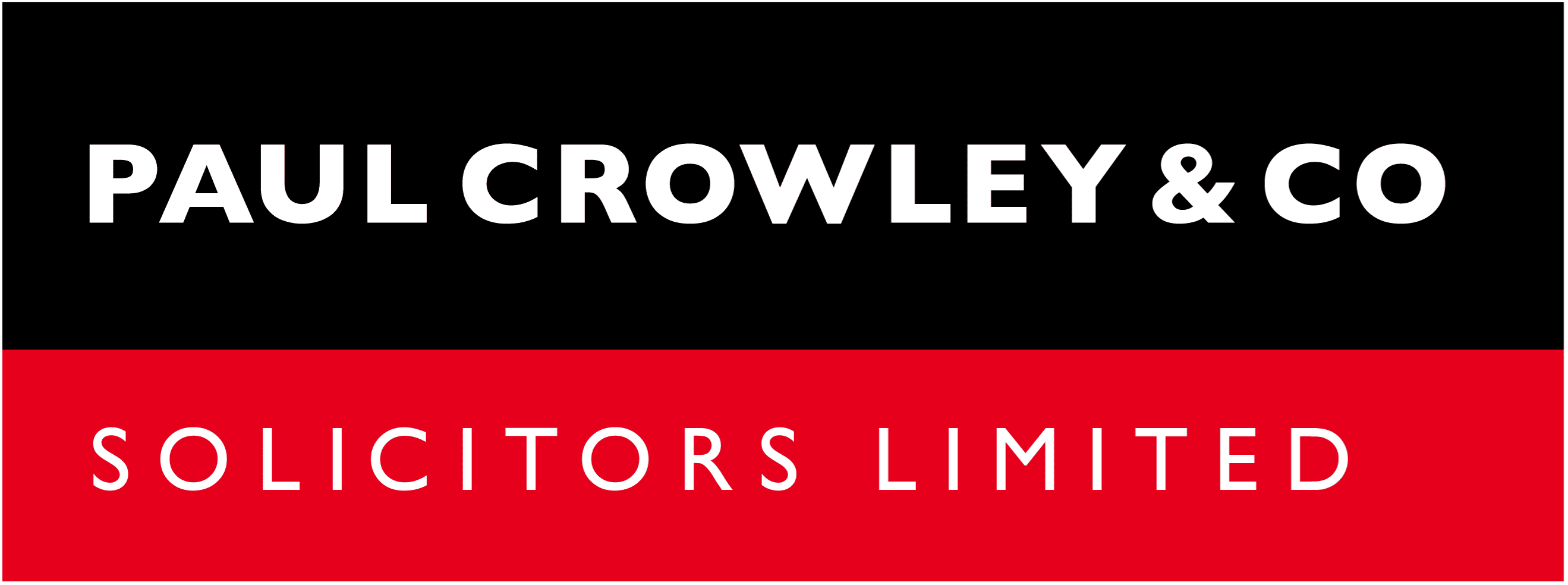
Derek Dawson,
Head of Commercial Litigation
Going into business with another person naturally comes with a number of risks, where different ideas, opinions and business approaches come together.
Being in a partnership gives a right to share in business decisions and also the net profits with your business partner. It is likely that differences of opinion will arise and it is important to make sure that you have protected both yourself and your business from disputes and expensive liabilities. It is these initial precautions that will protect you and your business down the line.
Draw up a partnership agreement
The first step is to draw up a partnership agreement as a precautionary measure. This will be priceless should a dispute arise in the future.
Where there is no partnership agreement in place, the terms of the Partnership Act 1890 will apply. There are a number of disastrous scenarios which could be addressed by having a partnership agreement in place, which include avoiding the business being forced to dissolve should one partner retire or pass away.
A strong partnership agreement should also lay out a plan of action to remove a partner, should there be a breach of contract, as well as what would happen to their remaining share. Having valid grounds for a breach of contract will help any court proceedings run far more smoothly.
Preparing a legal agreement is strongly recommended. Consulting an experienced solicitor will help you to create a bespoke partnership agreement that suits your business needs. This will allow you and your business partners to determine what should happen under the above eventualities and enable you to conduct your business on your terms.
Consider the liability of the partnership
Perhaps one of the main concerns for business partners is the nature of the liability of the partnership and your personal assets, as well as the business assets, could come under risk.
Unlimited personal liability means that you are personally responsible for any losses, which is how traditional partnerships operate, whereas a limited liability partnership (LLP) is a combination of a partnership and a limited company. LLP’s combine the flexible structure of a partnership with the benefits for its members of limited liability. The LLP owns the business assets and it is liable for its own debts, meaning that you as a member of LLP are treated as a separate legal entity to the business. Your personal liability would be limited to the amount contributed to the LLP, protecting your personal assets.
With the availability of LLP’s, traditional unlimited personal liability companies are less popular than they were, but some long-standing firms and new businesses are still built on this basis and it can be an appropriate and successful formula. It is possible to convert the liability of the partnership into an LLP to protect personal assets, but to make the change from an unlimited liability partnership to a LLP all debts need to first be dealt with. In some cases the creditor will simply transfer the debts over, but creditors would prefer debtors to be personally liable as they are more likely to see the debt paid.
In cases where dissolution is required of a traditional partnership, any creditors involved could choose to pursue one partner for the repayment of a debt and a creditor is not obliged to pursue all of the partners. Just as putting a partnership agreement in place protects you, so does having an LLP, allowing you to take control of the running of your business and protect personal assets.
With this in mind, new businesses are urged to consider the liability of the partnership when the business is being set up.
Seek legal advice
If you do find yourself in disagreement with your business partners and the issue cannot be easily resolved, seeking legal advice is always the best option. An experienced lawyer can refer to any partnership agreement in place or utilise the Partnership Act 1890 and decipher the best course of action for you and your business, especially if there are any grey areas which need particular attention. Mediation and negotiation could be beneficial routes to take, before taking proceedings to court.
